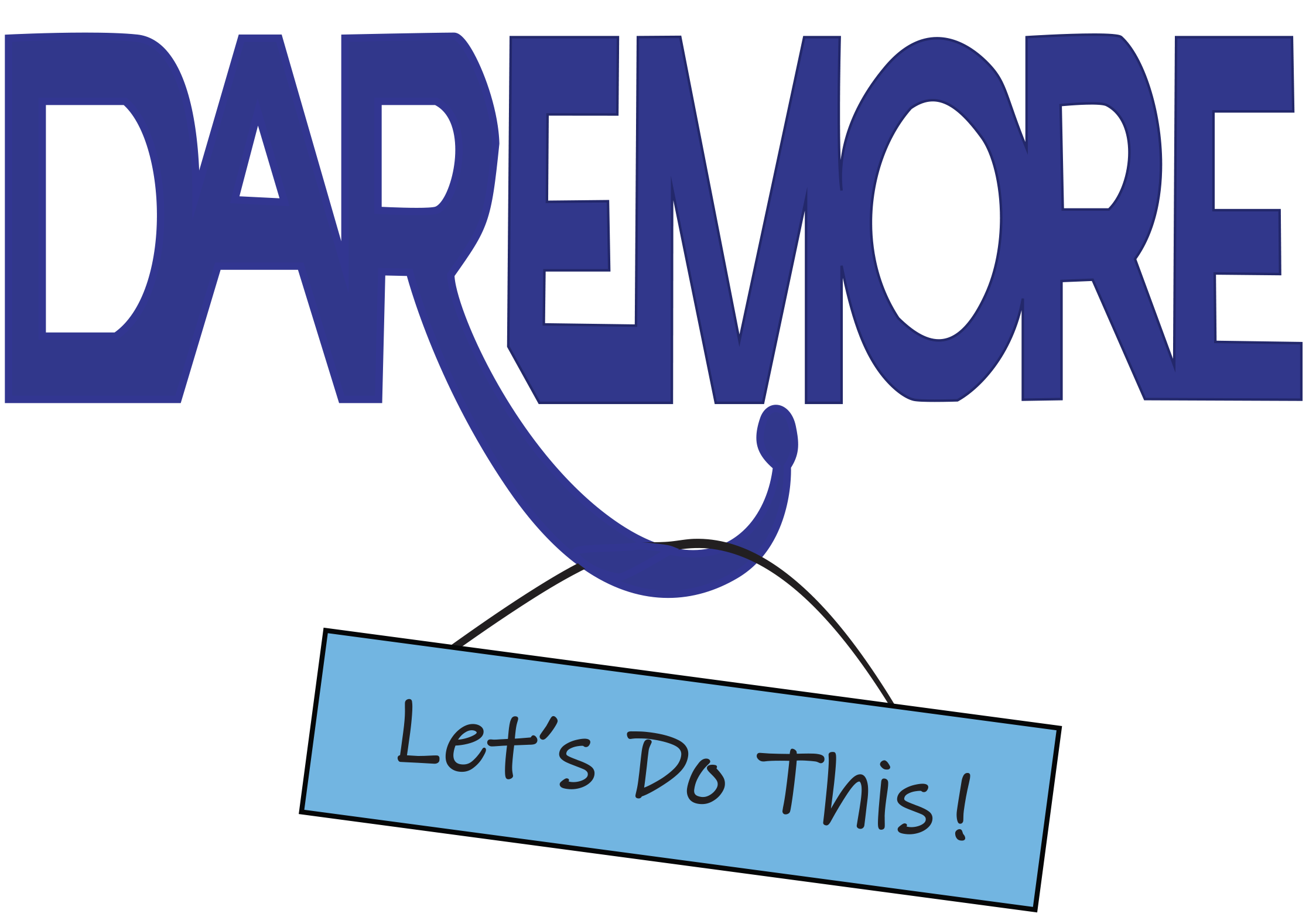I carefully twist the soft tie around the aluminum frame and tender tomato branch. These tiny tomatoes will need support as they grow red, ripe, and ready to pick. I tend to them and notice where they require more support. These are my first ever homegrown tomatoes. I hover over them like a new mom noting the slightest change. I think about support as I wind the tie in place.
I love it when others notice my needs. Surprisingly, our needs are not always obvious to others or to us. That awareness requires work. Taking time to become clear is how we discover who we truly are. Giving voice to what we discover is how we strengthen our voice.
The difference between me and a tomato?
I do not have to hang around waiting for someone to notice my need for support.
But!
“I want them to notice what I need.”
I cannot tell you how many times I have heard this over the decades of my professional work. I cannot tell you how many times I have thought the same thing. Somehow support feels more satisfying if it appears without being requested. If we live with Carnac the Magnificent or another mind reader that might happen. Then all our needs would be anticipated and magically met without asking.
Here is what would not happen. We would not do the hard work of ferreting out our own needs. We would not stand in the presence of another and vulnerably make a request. We would not discover who we are at our core. Relationships are where we reveal who we are. Some of that revealing takes place by first understanding what we want and then asking for it.
How we ask for what we want is also important. A useful teaching on asking is found in Dr. Marshall Rosenberg’s work. He is the founder of Nonviolent Communication. I wrote about his work in my July blog. He made a clear distinction between requests and demands.
Making a request requires us to become aware of exactly what it is that we want from others. We need to put it in a doable form. The clearer we are about what we want from them, the more likely we are to get our needs met.
Here is a very important distinction; requests differ from demands. They are made with the full knowledge and acceptance that our request might be denied. This understanding builds relationships on honesty and empathy.
Unlike tomatoes it is our responsibility to ask for support. Like most of us, I love it when others notice and offer help. But if that is the only path to fulfillment, I am dependent on their noticing. Most of us have a hard time always knowing what we want. So how can others always know?
They can’t.
Dr. Rosenberg said, the underlying purpose of NVC — including making requests instead of demands —” is not to get our way; it is to build relationships.”
Never has this been more important.Â
Â
organization’s website: https://www.cnvc.org

